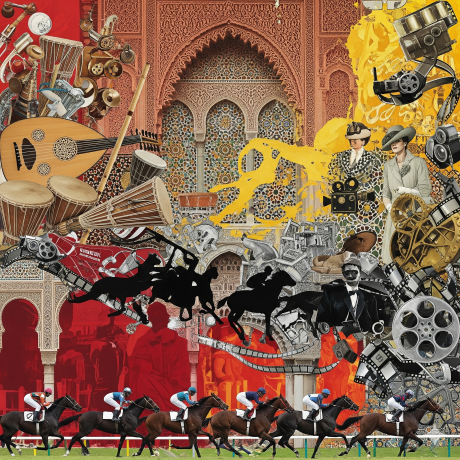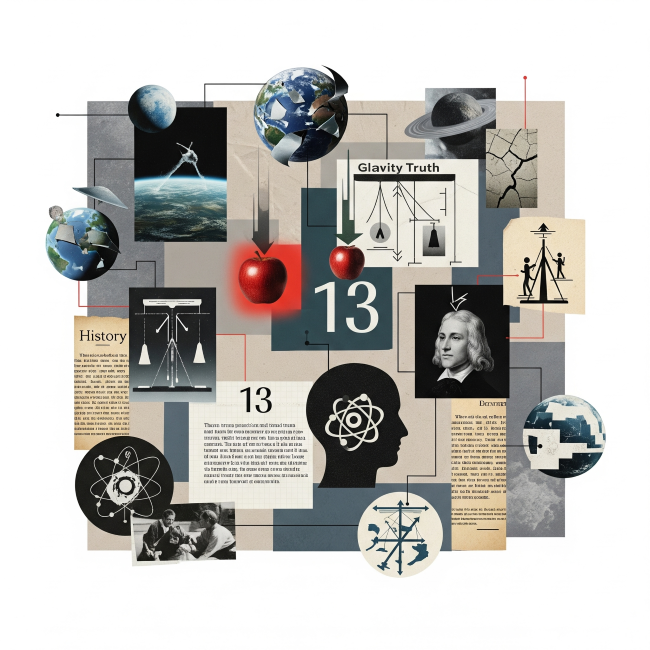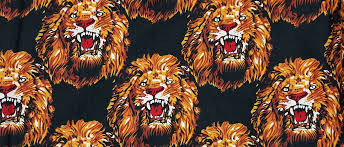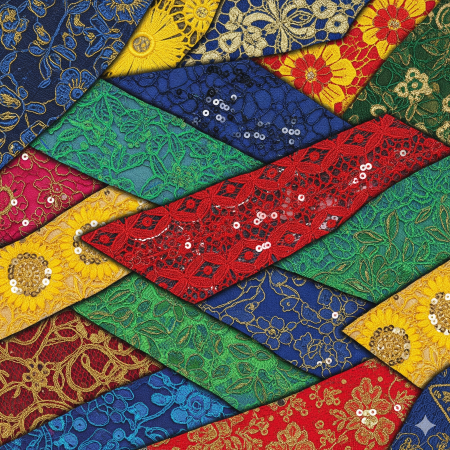Can Comedy Save Africa?
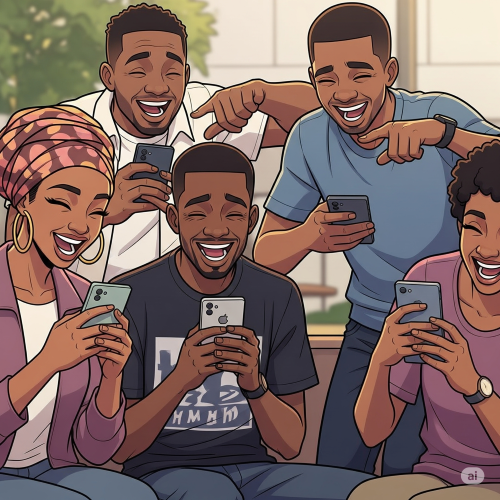
A Traffic Jam and a Viral Skit: Comedy as a Mirror of Reality
Somewhere in a Port Harcourt traffic jam, hemmed in by trailer horns and the syncopated chants of street hawkers, a young man stands in front of a tripod stand. He is dressed in oversized trousers, looking both confused and determined.
Within seconds, he launches into a skit about the newest ride sharing app. The character is ludicrous, the satire sharp. Hours later, the video has made its rounds — shared in WhatsApp groups, reposted on TikTok, captioned and recaptioned on Instagram.
No one is pretending that comedy will build roads, balance budgets, or bring back stolen public funds. It is not a substitute for policy. Yet in recent years, humor has emerged as one of the most accessible, versatile tools for coping with, and commenting on life in Africa’s fast-changing, often frustrating cities.
Comedy lifts morale. It fosters community. It even creates jobs. And perhaps most important of all, it keeps the continent’s problems visible, if not always solvable.
The Psychological Power of Humor
More recently, positive psychology studies have positioned humor as one of the most effective tools for building resilience and reinforcing mental health.
In regions plagued by political uncertainty, economic volatility, or social inequality, humor becomes more than a distraction. It becomes a method of survival. A 2020 study on humor and mental health during crises found that people who could find levity in difficult circumstances reported lower levels of anxiety and higher levels of perceived control. In that sense, African comedy is not simply escapist. It is therapeutic.
The Risk of Desensitization: When Laughter Numbs
But comedy, like any powerful tool, carries its own risks. The very mechanism that allows humor to process trauma can also lead to desensitization. When skits about corruption, police brutality, or collapsing infrastructure become routine, they risk losing their critical edge. The joke becomes the story. The outrage fades.
This is not just hypothetical. In many corners of the continent, sketch comedy has turned real dysfunction into such a staple of online humor that some audiences now consume it more for entertainment than awareness. A bribe at a roadblock? A blackout in Lagos? A farcical government press conference? These are no longer cause for protest. They are content.
Psychologists call this phenomenon "emotional blunting" or "desensitization." Repeated exposure to distressing or absurd realities, particularly in comedic form, can lead to reduced emotional responsiveness. What once incited anger now draws only a chuckle. In extreme cases, comedy can normalize injustice rather than challenge it. The laughter, while genuine, becomes a mask. And behind that mask, apathy can take root.
Comedy as a Modern Griot and Soft Activism
Still, it would be a mistake to view this comedic moment in purely pessimistic terms. What African comedians are doing, at scale and with little institutional support, is something both ancient and revolutionary.
Social Insight
Navigate the Rhythms of African Communities
Bold Conversations. Real Impact. True Narratives.
They are, in many ways, the modern griots: storytellers who hold the memory and contradictions of a place in their hands.
When Taaooma plays both strict Nigerian parents and their eye-rolling teenagers, she captures not only generational conflict but also the reality of tradition and change.
The Digital Renaissance of African Comedy
Image Above: Zicsaloma. Credit: Independent
Elsa Majimbo, the sardonic Kenyan comedian who rose to global fame during the COVID-19 pandemic, offers a good example. With nothing more than a camera, a bag of potato chips, and her signature deadpan delivery, she dismantled everything from global beauty standards to pandemic hysteria.
Her humor was both hyperlocal and unmistakably global, proof that wit can travel across borders, even when people cannot.
In Nigeria, a new generation of comedians has sidestepped the glitz of Nollywood and the bureaucracy of television. Broda Shaggi, Mr Macaroni, Layi Wasabi, Taaooma, and the ever-animated Sabinus have become household names through skits that rarely run longer than twenty minutes.
Their videos are usually minimal-budget — often just a phone camera and a makeshift set, but their reach is enormous. A single clip can rack up millions of views in days. And unlike traditional TV comedians, they are not bound by censors or sponsors. Their comedy is raw, reactive, and fiercely relevant.
Sabinus, for instance, has become a near-mythical figure in Nigerian comedy. With his rubbery expressions and catchphrases that seem tailor-made for meme culture, he rose from obscurity to fame in a matter of months.
He is far from alone. In Kenya, creators like Njugush, Flaqo Raz, and Crazy Kennar have turned their YouTube channels into full-blown production companies.
In South Africa, content creators like Moghelingz mix comedy with fashion and commentary to engage young audiences navigating life in Johannesburg or Cape Town.
Conclusion: A Different Kind of Change
So, can comedy save Africa?
Social Insight
Navigate the Rhythms of African Communities
Bold Conversations. Real Impact. True Narratives.
Not in the way good governance or constitutional reform aim to do. But comedy has a unique power to preserve joy, break through silence, and kindle resilience. It keeps conversations alive when official channels fall silent. More than that, it holds a mirror up to society—centering its flaws, while reminding us of our capacity to laugh, endure, and imagine a better future.
What sets these comedians apart is not just their talent but their moral closeness to their audiences. They are not distant celebrities perched above the fray. They are observers, survivors, and storytellers—deeply embedded within the very systems they deftly satirize.
You may also like...
Bundesliga's New Nigerian Star Shines: Ogundu's Explosive Augsburg Debut!

Nigerian players experienced a weekend of mixed results in the German Bundesliga's 23rd match day. Uchenna Ogundu enjoye...
Capello Unleashes Juventus' Secret Weapon Against Osimhen in UCL Showdown!

Juventus faces an uphill battle against Galatasaray in the UEFA Champions League Round of 16 second leg, needing to over...
Berlinale Shocker: 'Yellow Letters' Takes Golden Bear, 'AnyMart' Director Debuts!

The Berlin Film Festival honored
Shocking Trend: Sudan's 'Lion Cubs' – Child Soldiers Going Viral on TikTok

A joint investigation reveals that child soldiers, dubbed 'lion cubs,' have become viral sensations on TikTok and other ...
Gregory Maqoma's 'Genesis': A Powerful Artistic Call for Healing in South Africa

Gregory Maqoma's new dance-opera, "Genesis: The Beginning and End of Time," has premiered in Cape Town, offering a capti...
Massive Rivian 2026.03 Update Boosts R1 Performance and Utility!

Rivian's latest software update, 2026.03, brings substantial enhancements to its R1S SUV and R1T pickup, broadening perf...
Bitcoin's Dire 29% Drop: VanEck Signals Seller Exhaustion Amid Market Carnage!

Bitcoin has suffered a sharp 29% price drop, but a VanEck report suggests seller exhaustion and a potential market botto...
Crypto Titans Shake-Up: Ripple & Deutsche Bank Partner, XRP Dips, CZ's UAE Bitcoin Mining Role Revealed!

Deutsche Bank is set to adopt Ripple's technology for faster, cheaper cross-border payments, marking a significant insti...

